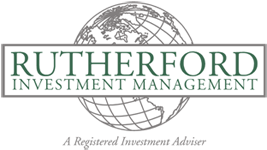Pessimism Prevails As Global Economy Slows
Published August 10, 2012

In the meantime, the U.S. economy has been affected by the global slowdown. The Federal Reserve has noted that economic activity has decelerated somewhat over the first half of this year. Consumer spending has slowed, which is worrisome because consumer spending represents about 70 percent of GDP. Normally resilient restaurant chains such as McDonalds, Starbucks and Chipotle Mexican Grill noted a drop in consumer traffic.
However, a few bright spots have appeared. Jobless claims are mildly positive, durable goods orders are slightly better than expected, and U.S. GDP rose by 1.5 percent in the second quarter – slightly more than the 1.3 percent expected.
The Federal Reserve, after meeting July 31 and Aug. 1, decided to continue its accommodative stance and provide additional support as needed. This was a mild approach to the problems at hand, and disappointing to the markets.
In light of the slowdown in Europe, Mario Draghi, president of the European Central Bank, pledged to protect the eurozone. He was joined by German Chancellor Angela Merkel, and French President Francois Hollande. Their full-throated defense of the eurozone has been followed by little definitive action. The ECB in a recent meeting promised more meetings and initiatives, but little of substance. The markets were very disappointed with Draghi’s follow-up to his strong comments, […]
